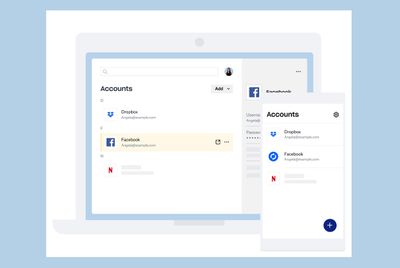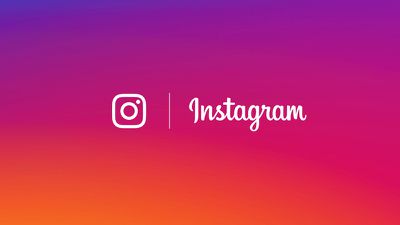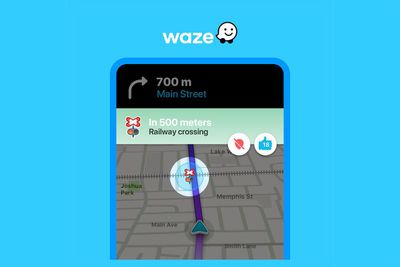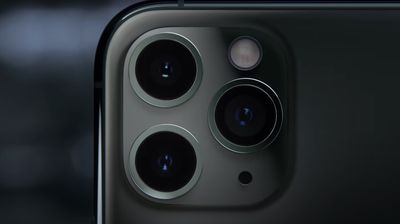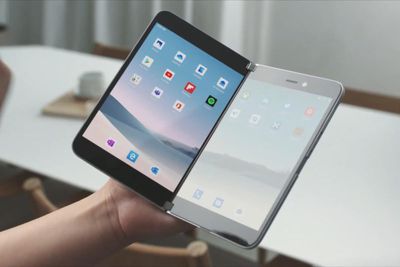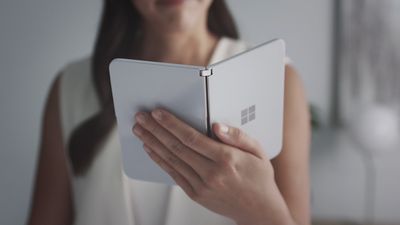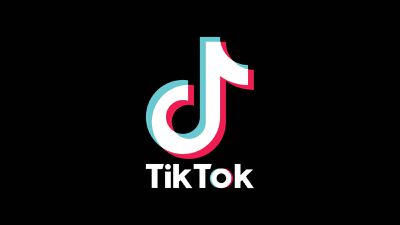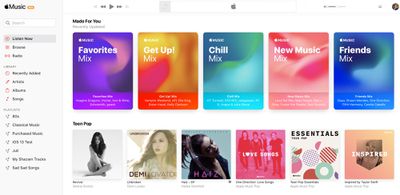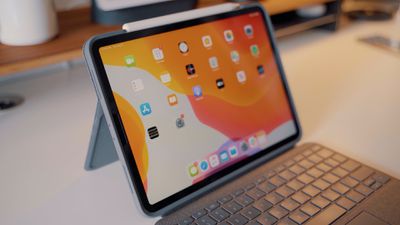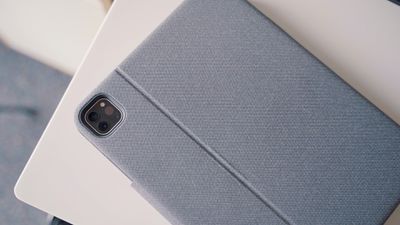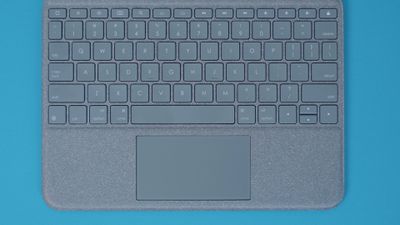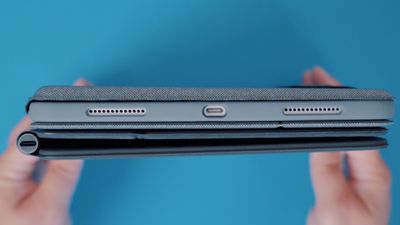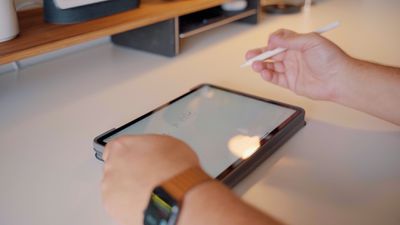Apple is facing a trademark battle in Brazil as the Brazilian Supreme Court is set to determine whether Apple is allowed to use the iPhone trademark in Brazil.
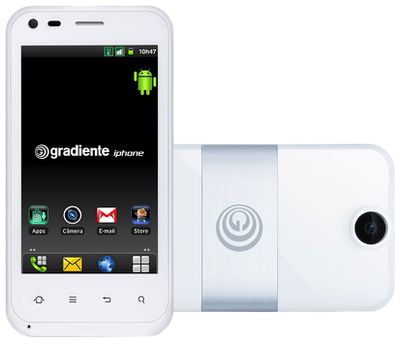
The Brazilian Supreme Court will rule on the issue following a constitutional appeal by IGB Electronica, an electronics company that registered the iPhone trademark in Brazil in 2000.
Under the name Gradiente, IGB Electronica produced a line of IPHONE-branded Android smartphones in Brazil in 2012, and there was a period of time where the Brazilian company was given exclusive rights to the iPhone trademark.
There was a trademark battle and ultimately, Apple and IGB Electronica were both provided rights to use the name in the country. Since then, there's been continual back and forth fighting with each company attempting to gain exclusive rights to the trademark, but a 2018 decision upheld a 2013 ruling that gave both brands permission to use the trademark.
Earlier this year, IGB Electronica revived the dispute in an attempt to get the 2018 decision reversed by Brazil's Supreme Federal Court, and the court has agreed to hear the case. IGB argues that allowing Apple to use the trademark first filed by IGB "punishes creativity."
"Allowing a company to claim a trademark submitted in good faith by another one punishes creativity, distorts free competition and runs over Brazilian intellectual property authorities," says IGB's lawyer Igor Mauler Santiago in the petition. He also alleges the violation of free initiative and of trademarks protection, principles expressly prescribed in the Brazilian Constitution.
Apple has claimed that it was inappropriate for the National Institute of Industrial Property to grant the trademark to Gradiente in 2008 even though it was filed in 2000 because at that point, the iPhone existed.
It's not yet clear when the Brazilian Supreme Court will hear the case and come to a decision. IGB has been struggling for years and has lost close to 1 billion Brazilian Reals since 2018, so the ultimate goal may be a payout from Apple to end the dispute. Today's press release announcing the court's decision highlights commercial deals Apple has made in other countries to acquire rights to the iPhone trademark.
Apple's Brazilian dispute comes just after news that Apple has opposed the trademark application for Prepear, a recipe and meal planning app that uses a pear for an Apple logo. Apple fears people who encounter the pear logo will associate it with Apple.


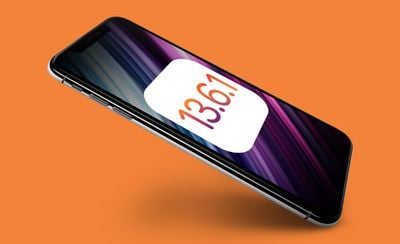
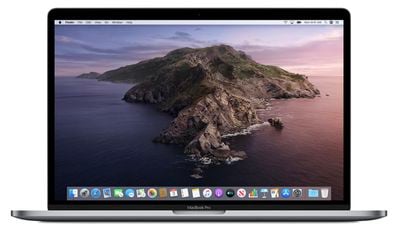
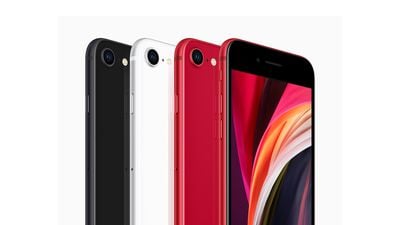 Note: MacRumors is an affiliate partner with Verizon. When you click a link and make a purchase, we may receive a small payment, which helps us keep the site running.
Note: MacRumors is an affiliate partner with Verizon. When you click a link and make a purchase, we may receive a small payment, which helps us keep the site running.
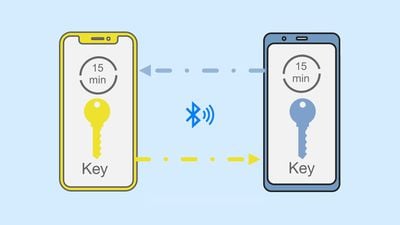
 Tweetbot, a popular alternative to the Twitter app, was today updated to version 5.2 on
Tweetbot, a popular alternative to the Twitter app, was today updated to version 5.2 on 